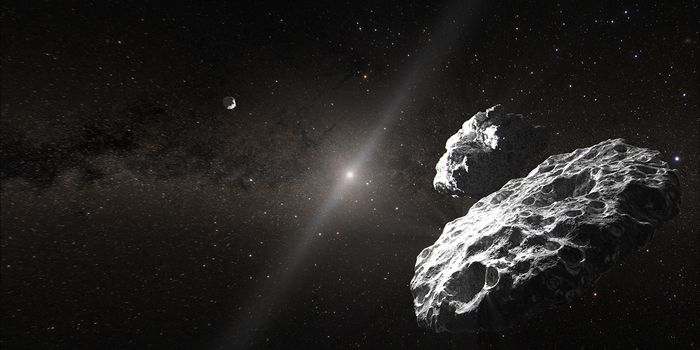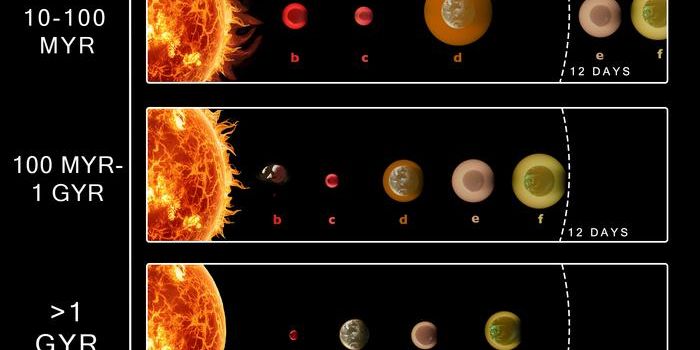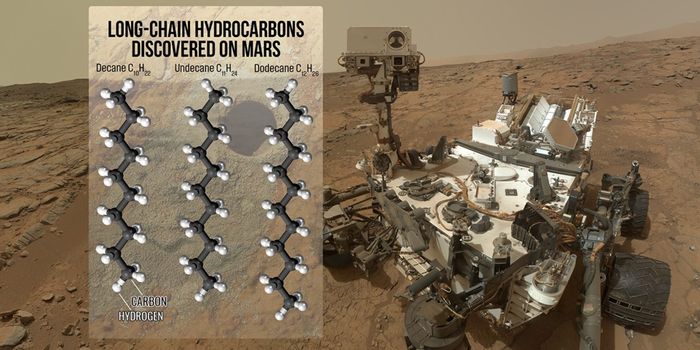Arctic winters bring rain instead of snow
New concern for the Arctic has popped up following a recent study published in the journal The Cryosphere. The research reports frequent rain spells in Greenland – even in winter, when one would expect snow – are accelerating the melting of ice.
Dr. Marilena Oltmanns, lead author of the study and a researcher at the GEOMAR ocean research center in Germany, told BBC News: "We were surprised that there was rain in the winter. It does make sense because we're seeing flows of warm air coming up from the South, but it's still surprising to see that associated with rainfall."
Oltmanns and her colleagues analyzed satellite pictures of Greenland’s ice-sheet along with data from 20 automated weather stations that record rainfall in the area. Their analysis shows where the ice-sheet is melting. Greenland’s ice-sheet is of specific importance because it stores an enormous quantity of frozen water, which, if melted, would raise sea levels globally by seven meters.
The findings of the study highlight the increase in rainfall versus snowfall over the 1979-2012 time period. While the late twentieth century brought an average of approximately two spells of winter rain every year by 2012, the region was experiencing 12 spells of winter rain yearly. Furthermore, reports BBC News, “On more than 300 occasions between 1979-2012, the analysis found that rainfall events were triggering a melting of the ice.”
One aspect important to understand about this change in precipitation is how rain affects the ice-sheet’s surface. Even if rain falls in the winter and temperatures are cold enough that it soon after freezes, the ice becomes smoother and darker and more susceptible to summer melting.
"This opens a door to a world that is extremely important to explore," said Columbia University Professor Marco Tedesco, another researcher on the study. "The potential impact of changes taking place in the winter and spring on what happens in summer needs to be understood."
The influence of winter rain on the already rapidly warming Arctic adds yet another factor into understanding the equation of climate change. In addition to melting, scientists fear the rapid rate of warming in the region may be affecting the jet stream, which could have serious repercussions on global weather patterns.
Sources: BBC News, The Cryosphere









